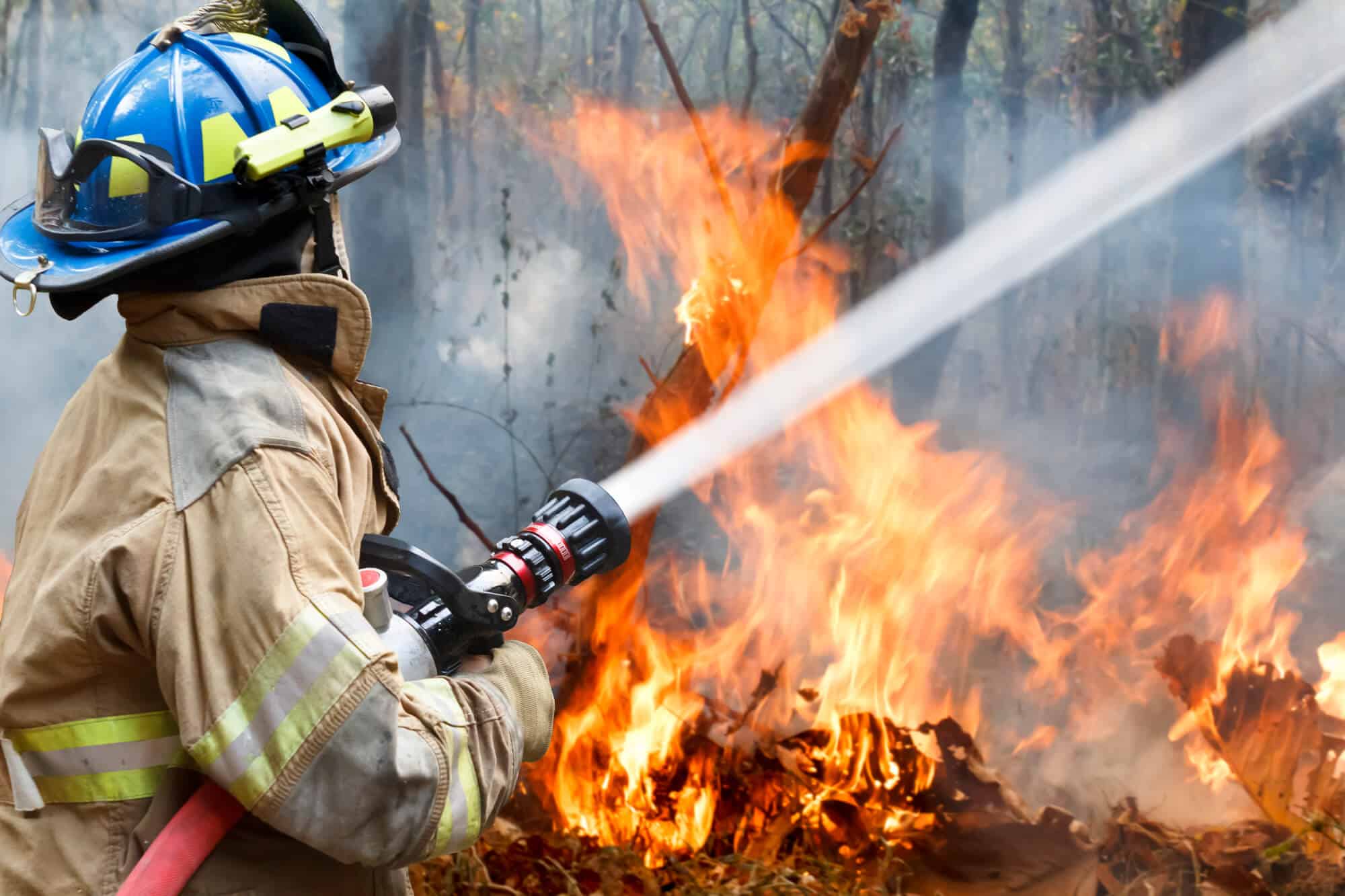"Wherever there are trees, fires are expected to occur," says Prof. Leah Wittenberg from the University of Haifa, the Israeli representative on the UN team of experts that compiled the report * Even the arctic regions are no longer immune

Climate changes and changes in land use are expected to exacerbate the phenomenon of extreme forest fires in the coming years. By 2030, the number of extreme wildfires (WILDFIRE) in the world is expected to increase by about 14%, by 2050 by about 30% and no less than 50% by the end of the century, according to an expert report of the UN ENVIRONMENT PROGRAMME which will be presented at the UN General Assembly conference on environmental issues that will be held in Nairobi at the end of the month. The report also shows that even the Arctic regions will not be immune, and a significant increase in the number of forest fires is also expected there. "One of the team's important recommendations, which is certainly also true for Israel, is aimed at a significant change in the allocation of resources and improving preparedness to deal with fire prevention," said Prof. Leah Wittenberg, head of the Department of Geography and Environmental Studies at the University of Haifa and the Israeli Society among the authors of the report. The authors suggest that governments around the world adopt a new "two-thirds-one-third" preparedness formula according to which two-thirds of resources should be invested in planning, prevention, preparedness, and restoration of forests and ecosystems and only one-third of resources in fighting fires. According to the report, entitled SPREADING LIKE WILDFIRE: THE RISING THREAT OF EXTRAORDINARY LANDSCAPE FIRES, the researchers point out that the danger of extremism in fire events threatens almost all regions of the earth, including the northern and arctic regions that have so far suffered almost no fires. "The reality is that wherever there are trees, fires are expected," said Prof. Wittenberg.
According to the researchers, climate change, global warming and the events of the extreme fires have a mutual effect: the fires are becoming more frequent and more severe due to the lack of rains and the increase in dry years, a decrease in humidity, the recurrence of heat waves, the regime of extreme winds during the fire season. At the same time, the large fires destroy sensitive and carbon-rich ecosystems and thereby exacerbate global warming.
In order to prevent wildfires, the authors call for the integration of data and monitoring, along with local knowledge and increased local and international collaborations.
"We are basically telling governments all over the world that they are putting the money in the wrong place. There is no doubt that it is necessary to provide the firefighters who are fighting on the front lines with the best means to succeed in their mission, but if a significant part of the resources are invested in preventing fires, we can also help in this way to perform their work in a superior and safer way," said Prof. Wittenberg.
The researchers also point out that the fires disproportionately affect the poorest countries in the world and prevent their progress towards the sustainable development goals of the United Nations. According to them, consideration should be given to the more serious environmental and health damages among the residents of the poor countries affected by fires. Dealing more effectively with the phenomenon of fires requires an understanding of fire behavior, the development of an adaptive and efficient interface requires a combination of scientific knowledge and policy, appropriate regulation and incentives for appropriate management of the open areas.
The report ends with a call for the adoption of international standards to maintain the safety and health of firefighters and to minimize risks - during and after extinguishing fires. The standards include raising awareness of the dangers of smoke inhalation, dealing with life-threatening incidents and giving firefighters access to proper nutrition, rest and adequate recovery times between shifts.
More of the topic in Hayadan:
